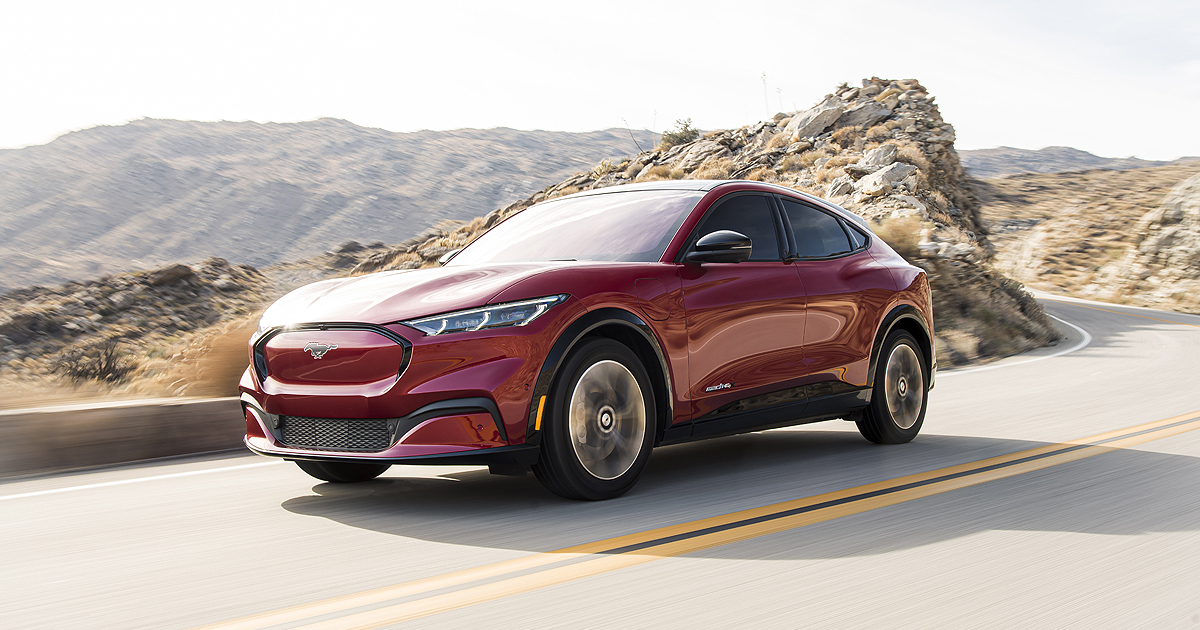
WASHINGTON — U.S. auto safety regulators are investigating Ford Motor Co.’s handling of a June 2022 recall of nearly 50,000 Mustang Mach-Es after new reports of power loss.
NHTSA’s Office of Defects Investigation said it received 12 consumer complaints alleging a high-voltage battery main contractor failure in 2021-22 Ford Mustang Mach-E crossovers that were included in the recall and had been remedied prior to the incidents.
The agency said it has opened the investigation — known as a “recall query” — to assess Ford’s recall remedy. About 64,727 Mustang Mach-Es could be affected.
There have been no reports of injuries, fires, accidents or deaths, according to a document detailing the investigation.
In a statement to Automotive News, Ford spokesperson Maria Buczkowski said the automaker is “working with NHTSA to support their investigation.”
The June 2022 recall covered 48,924 2021-22 Mustang Mach-E vehicles in the U.S. that were built from May 27, 2020, through May 4, 2022, at Ford’s plant Cuautitlan, Mexico.
The high-voltage battery main contactors in those vehicles could overheat, leading to a malfunction that could cause the vehicle to either not start or immediately lose propulsion power while in motion.
Ford deployed a software update to monitor contactor temperature and reduce battery power to prevent damage to the contactor, and another software update to monitor contactor resistance and reduce vehicle power to prevent further damage.
After the recall, Ford also issued a technical service bulletin to replace the high-voltage battery junction box on the affected vehicles.
NHTSA said consumers who experienced loss of motive power after receiving the software updates also reported having the junction box replaced.
One complainant referred to the software update as a “Band-Aid.”
“I suffered a failure related to this post-recall and had a sudden and permanent loss of power while driving at Texas highway speeds (70 mph) in congested morning traffic. Fortunately I was able to make my way off the highway but other conditions could have ended up worse,” the complainant told NHTSA.
“Software ‘fixes’ are not the solution and the actual problem of the defective parts need to be replaced in the affected models to avoid possible injuries and fatalities from these vehicles.”
So far this year, Ford has issued 38 recalls — the most of any automaker — affecting more than 4.4 million vehicles, according to NHTSA data.